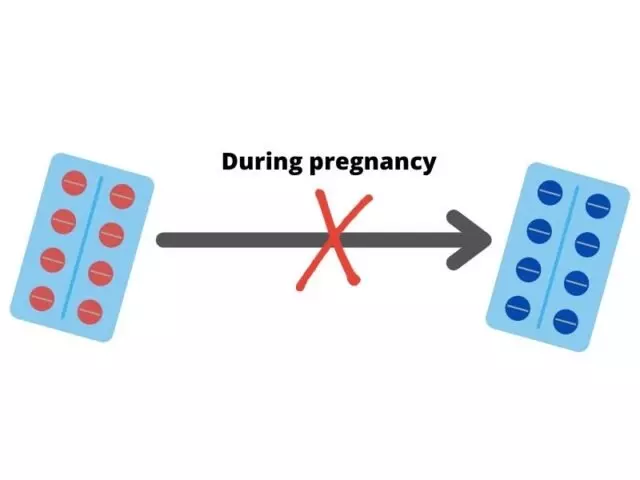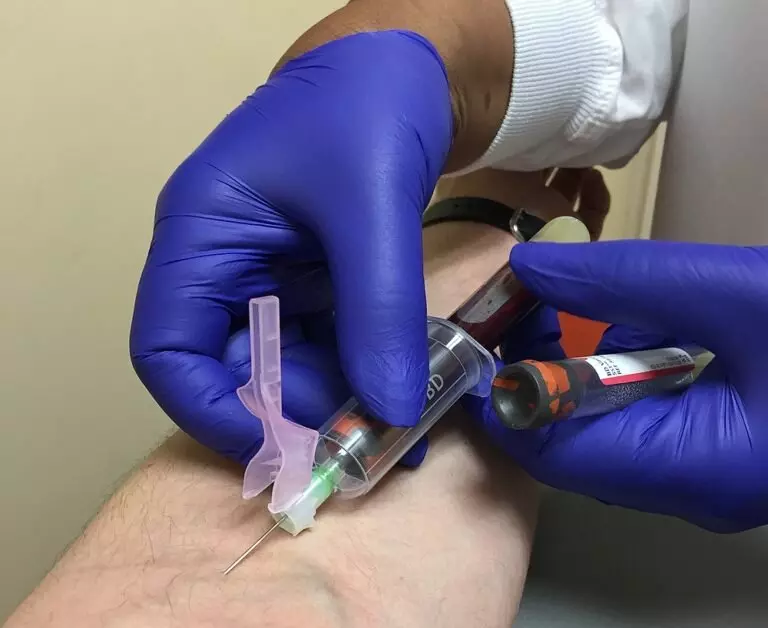This is an article from the Safe Pregnancy in Epilepsy patient guide.
Women with Epilepsy can have seizures during pregnancy. Having seizures while pregnant can hurt the baby & mother.
It is incorrect to say that pregnancy triggers seizures. But seizures can increase due to 5 important causes of seizures in pregnancy.
It is imporant to know these causes of seizures in pregnancy. Taking simple precautions can prevent seizures while pregnant.
Can I have seizures during pregnancy?
Table of Contents
ToggleYes.
For example:
1/3rd of women with Epilepsy who get pregnant have breakthrough seizures.
This data comes from a research group from Europe. They studied 3500 pregnancies.
Can pregnancy trigger seizures?

You may have noticed this if you have uncontrolled epilepsy. On some months, you get more seizures but cannot pinpoint why. On other months, you stop getting seizures and you don’t know why.
Some researchers strongly believe that this is the cause. That increased seizures during pregnancy are just caused by the waxing & waning nature of Epilepsy.
But this is not the complete story.
Based on research, and in my experience – there are 5 important causes of seizures in pregnancy.
To prevent seizures during pregnancy, you need to pay heed to these…
5 causes of seizures in pregnancy:
Of these 5 causes of seizures in pregnancy, 4 are more common in Epilepsy patients.
The last is equally common in women with epilepsy, and those without epilepsy.
(1) Uncontrolled Epilepsy before getting pregnant

- If you are seizure-free for 1 year, less than 20% chance of having seizures during pregnancy.
- If you are not seizure-free, 75% chance that you will have seizures during pregnancy.
(2) Stopping seizure medications

(3) Changing seizure medications after becoming pregnant

(4) Decreased levels of seizure medications during pregnancy
Many of the causes of seizures in pregnancy discussed so far are obvious. But many patients and caregivers are not aware of decreased levels of seizure medications.
- During pregnancy, the liver and kidney go into over-drive. The liver inactivates medications more quickly. The kidneys throw medications out of the body more quickly than usual.
- Also during pregnancy, the volume of your blood increases. The medications you are taking get diluted. Thus, the concentration of seizure medications decreases.
There are other ways in which the levels of seizure medications can decrease. These include frequent vomiting, decreased absorption, decreased binding to proteins in the blood etc…

Which seizure medications are affected?
Almost all seizure medication levels decrease in pregnancy. But some seizure medications are more severely affected.
The table below shows data from a recent paper (Arfman 2020).
Marked drop in levels
Lamotrigine (50%)
Levetiracetam (50%)
Oxcarbazepine
Phenyotin*
Valproate*
Topiramate*
Marked drop in levels
Carbamazepine
Unknown
Lacosamide
Clobazam
Gabapentin
Perampanel
*Phenytoin, Valproate & Topiramate should be avoided in pregnancy anyway, due to the risk of teratogenicity.
Prevent seizures during pregnancy due to reduced levels:
First of course, you should aim for good seizure control before becoming pregnant.
Then, before getting pregnant, your doctor will check a blood level. This is the “baseline blood level”.
This is the level at which your brain is happy, at which it stops having seizures. Some people suggest doing this twice before pregnancy to get the best possible estimate.
During pregnancy, your doctor may regularly check the blood level of seizure medications. If it is low, then your doctor will increase the dose.

Two things to remember are:
- Blood tests are not available for all seizure medications.
- The doctor may order expensive tests called “free levels”. This test gives the most exact estimate of blood levels.
Frequency of checking blood levels:
This is variable. for example:
- If you are not seizure-free, then your levels are more closely monitored.
- If you are taking lamotrigine, then your levels are more closely monitored.
At the very minimum, blood levels are checked every trimester. In high risk cases, they are checked every month.
(5) First seizure during pregnancy
Rarely, women may have a first seizure during pregnancy. These seizures may be due to an unrelated cause.
These causes of seizures in pregnancy are rare.
- Very high blood pressure. This produces swelling of the brain. “Eclampsia” is the medical term for this condition.
- A blood clot in the head veins. This prevents blood from flowing out of the head. “Cerebral Venous Sinus Thrombosis” is the medical term for this condition.
- Very rarely, Epilepsy may start in pregnancy. This is probably just random chance.
These rare conditions occur both in women with previous epilepsy, and women without epilepsy. There is no increased risk of these problems just because you have epilepsy.
Therefore I will not be discussing them further.
Summary:
Women with epilepsy can have seizures during pregnancy. To prevent seizures during pregnancy, pay attention to these 5 causes of seizures in pregnancy:
- Ideally, you should be seizure-free for 1 year before you become pregnant.
- After you become pregnant, do not stop your seizure medications.
- After you become pregnant, usually your medication should not be changed.
- The levels of many medications decrease in pregnancy. Your doctor may need to increase the medication dose.
- Another medical problem: such as high blood pressure or blood clots.
Be sure to read the “Safe Pregnancy in Epilepsy Checklist”.
Keywords – Epilepsy During Pregnancy, Can Epilepsy Patient Get Pregnant, First Seizure During Pregnancy, Emergency Treatment of Seizures in Pregnancy, What Causes Seizures During Pregnancy, Can Having a Seizure While Pregnant Hurt The Baby, Safest Seizure Medication For Pregnancy, Nocturnal Seizures During Pregnancy, Non Epileptic Seizures During Pregnancy.
Caution: This information is not a substitute for professional care. Do not change your medications/treatment without your doctor’s permission.

Dr. Siddharth Kharkar
Dr. Siddharth Kharkar has been recognized as one of the best neurologists in Mumbai by Outlook India magazine and India today Magazine. He is a board certified (American Board of Psychiatry & Neurology certified) Neurologist.
Dr. Siddharth Kharkar is a Epilepsy specialist in Mumbai & Parkinson’s specialist in Mumbai, Maharashtra, India.
He has trained in the best institutions in India, US and UK including KEM hospital in Mumbai, Johns Hopkins University in Baltimore, University of California at San Francisco (UCSF), USA & Kings College in London.
